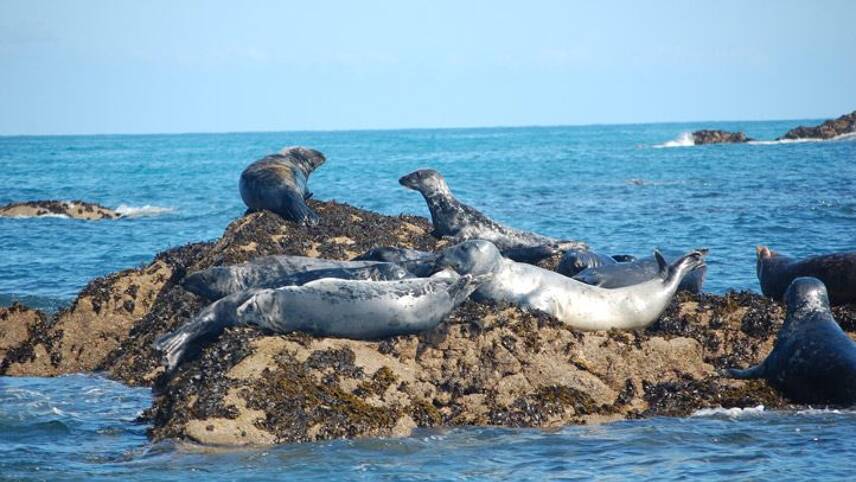Register for free and continue reading
Join our growing army of changemakers and get unlimited access to our premium content

The charities warn that protection for marine life could be weakened under the amendments
The two environmental groups launched the challenge over parts of a statutory instrument, made under the European Union Withdrawal Act of 2018, which could renegade on promises to retain strong environmental laws post-Brexit, as outlined in the EU Habitats Directive.
Working with lawyers at Leigh Day Solicitors, the groups argue that an “unlawful misuse of Brexit powers” has taken place that weakens existing regulation for habitat and species conservation. The changes include alterations to obligations to manage recognised conservation sites, and potential limits to areas set aside for the protection of marine animals.
ClientEarth UK law and policy advisor Dr Tom West said: “The UK government has repeatedly promised that the environment would be safeguarded after Brexit. So, it is extremely concerning that the government has quietly and unlawfully introduced sweeping new powers behind the scenes that weaken environmental protection.
“Quite rightly the public has been concerned by the use of so-called Henry VIII powers that give too much discretion to ministers to make new laws, with little scrutiny from parliament, the public or civil society.”
Change afoot
The groups believe that the changes threaten the delivery of a green Brexit that has been continuously promised by ministers, such as Environment Secretary Michael Gove. Defra has created 122 statutory instruments under the Withdrawal Act, which will replace EU laws after Brexit. More than 500 have been submitted across other government departments.
Marine Conservation Society’s chief executive Sandy Luk said: “Whatever you think of Brexit, the government must keep its promise to the UK public that its seas, countryside and wildlife will not be worse off if EU protections are no longer in place.
“The management of marine protected areas is not strong enough under current legislation and allowing these changes will mean weaker protections for vulnerable species and habitats. We could even see the possibility of protected areas being abolished after Brexit.”
In April last year, promises of a green Brexit were cast into doubt by a study that warns of declining protections for water, birds and habitats once Britain leaves the EU. The risk assessment – commissioned by Friends of the Earth – found standards are likely to weaken in every sector of environment policy, from chemicals and food safety to air pollution and climate.
With a Brexit deal yet to be agreed, and negotiations now thrown into chaos by the impending Conservative leadership bid, safeguards have been put in place in case the UK exits the EU without a deal on the table.
Gove, for example, has announced plans for a “distinguished” lawyer to lead a shadow watchdog to oversee environmental protection in the event of a no-deal Brexit.
edie’s Brexit matrix
With the ongoing Brexit negotiations continuing to cause confusion and uncertainty, edie has pieced together a new ‘Matrix’ which clearly explains the impacts that the UK’s various exit scenarios would have on environmental policy.
The edie editorial team (with support from a few green policy experts) has mapped out the potential ramifications of Brexit for the green economy, whatever the outcome.
— VIEW THE GREEN BREXIT MATRIX HERE —
Matt Mace


Please login or Register to leave a comment.